Addressing issues with motherhood and elite sport
Published on March 23rd, 2023
When Rolex World Sailor of the Year Award finalist Clarisse Crémer (FRA) lost her sponsorship for the 2024-25 Vendée Globe due to her pregnancy, the sport of sailing took notice. Following an essay by The Magenta Project, the World Sailing Trust is now leaning in.
The World Sailing Trust was set up by World Sailing to catalyze change, with its goal to support the global sailing community. Here is an update on March 23, 2023:
World Sailing Trust has today published an initial set of recommendations and considerations to support better maternity policies in sailing. Project Juno brings together six initial recommendations to look to set the sport of sailing on a more inclusive course when it comes to women who wish to become mothers and remain in their chosen fields.
“Following our publication of the Women in Sailing Strategic Review in 2019 and subsequent research into participation and the governance of the sport, we are well-placed to understand the challenges that face athletes and others who wish to become mothers,” comments Dee Caffari MBE, Chair of World Sailing Trust.
“The pace of change regarding attitudes to mothers in sailing has been slow. When Clarisse Crémer confirmed on social media that she had been let go by her sponsor, Banque Populaire, there was uproar.
“But one does not need to dig too deep to find similar stories that. Olympians Theresa Zabell and Shirley Robertson both fell foul of the ‘system’ not being sufficiently flexible or accommodating of pregnant and new mothers, and there are doubtless many more.”
“Project Juno looks at the four primary areas that athletes, teams, organizations, and stakeholders should consider when looking at how to best support mothers and fathers. Through them, we also call on our sport to remove the ‘mother blinkers’ and accept that it will only be the best it can be only by being diverse and inclusive.”
Duncan Truswell, Strategic Lead Talent and Performance at Sport England and Trustee of World Sailing Trust adds: “The rules are not deliberately made to discriminate, but, in the main, they do. This does not come from a place of prejudice or negativity but rather from a history of being a male-dominated sport. There is no immediate overnight fix and Project Juno is a work in progress, a first step to improve and make things better.”
“Critically, this should not just be relevant to athletes, but to mothers across the sport. We are a people business and, to succeed, we need to have the best people. We hope that from this starting point, we can facilitate positive discussions and help take a first step to develop a more equable opportunity to balance motherhood and competition.”
In a broader context, this is not an issue just in sailing. Motherhood and elite sport have been uncomfortable bedfellows for a while, and in recent years, mountaineering, trail running, elite running, and more traditional sports have made some huge steps forward.
The World Sailing Trust will also be looking at how new policies can be linked to a better understanding of female athlete health in the sport. With relatively little, exclusively female, research regarding athletes on talent or elite pathways there is a need for myth-busting, education, and better care for and facilitating the development of female sailors – be they mothers or not.
It is important that sailing continues to move with the times and meets the expectations of the next generation of athletes, as well as the public’s expectations around accessibility, diversity, and inclusion so that the sport remains relevant to its participants, the public, and sponsors.
To read the full report, click here.


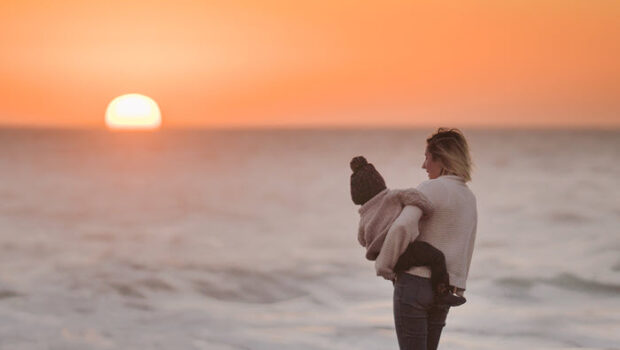


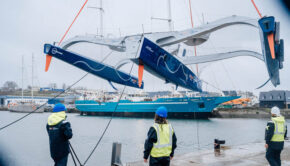
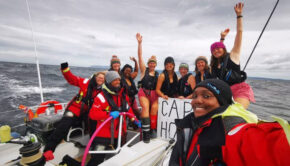
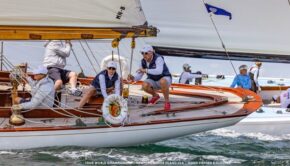
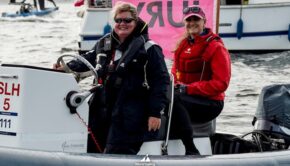
 We’ll keep your information safe.
We’ll keep your information safe.